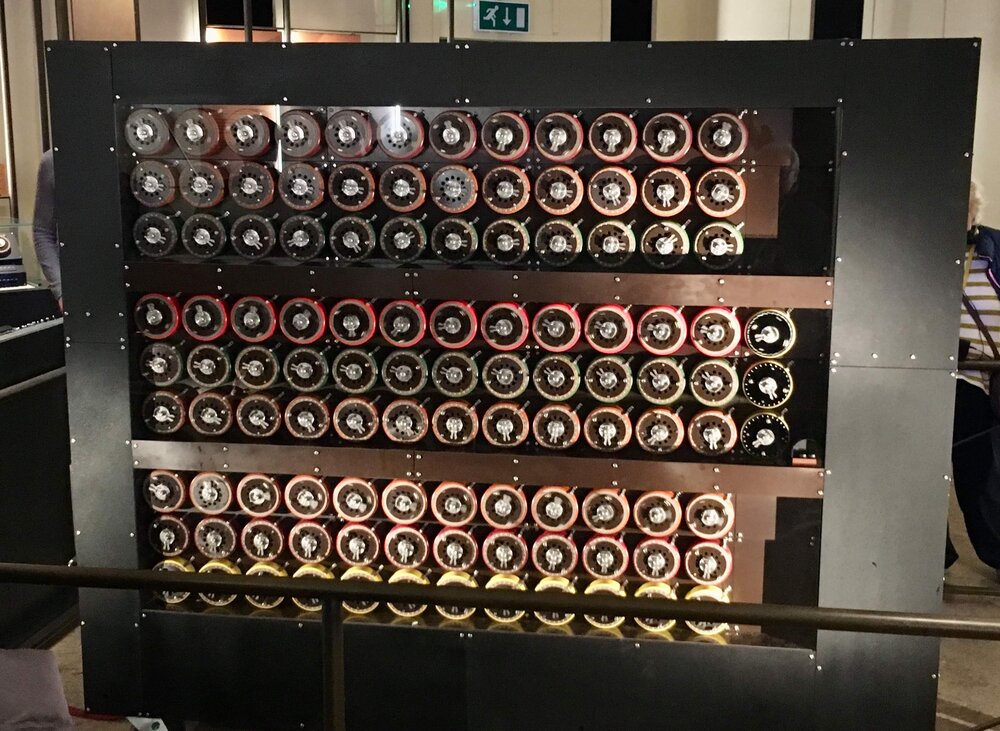
A riddle, wrapped in a mystery, inside an Enigma
October 28, 2019

The Turing Bombe computer that shortened the war by two years
There’s something about code breaking that has always fascinated me. I’ve never solved Rubik’s cube or enjoyed puzzles of any kind. But I’ve always enjoyed reading about espionage and secret codes.
So it was an easy decision to make a day trip out to the pleasant village of Milton Keynes, a short train trip out of London, and to the museum and exhibits known as Bletchley Park.
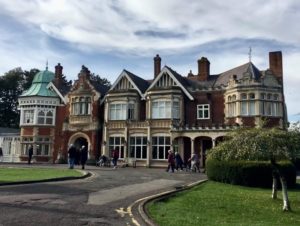
That Bletchley Park was a manor estate was deceptive in itself
Famous for being the headquarters of the super secret group of men and women who broke the supposedly unbreakable World War II German code known as Enigma, the museum has restored many of the huts and cottages used by the codebreakers. The museum does an excellent job of breaking down how all the equipment worked – the German Enigma encoding machines and the famous Allied Bombe decoding units – that nevertheless left both Carol and I totally befuddled. It all has to do with multiple spinning metal wheels, each containing letters and numbers, precisely coordinated with the other in succession to produce the coding and decoding. Beats me. Sounds a bit like four-dimensional Bingo maybe?
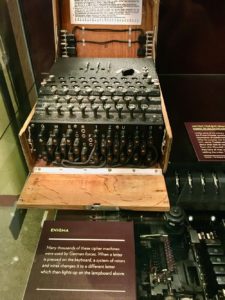
The German code machine known as Enigma
As nearly as I can figure it, though, the idea behind both Enigma and Bombe is the same that Carol has been using to decode me, especially when she observes that blank faraway look in my eyes, which evidently occurs quite often.
She’ll suddenly see, for instance, that I’m not paying attention to something she’s saying (the first wheel). She’ll ascertain whether I’m lost either in thought or in space (the second wheel). She’ll say, “Where are you?” (the third wheel). I’ll answer, “Nowhere.” (My wheel spinning rapidly backward). She’ll say, “You were mumbling something.” (the fourth wheel). And so on, until I finally admit I had drifted off to a Three Stooges episode that had just fluttered across my mind (all my wheels coming off their spindles).
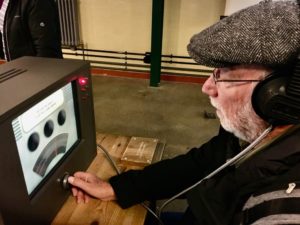
I would have, no doubt, lengthened the war by two years
We soldiered on gamely at Bletchley until we came to Hut #4, which housed a cafe. A coffee and a bun seemed to settle our abject confusion.
At its peak, Bletchley Park housed 9000 souls charged with breaking down every German message it intercepted. First came the Morse code intercept. Then came the initial copy of the jumbled letters, followed by decoding and finally, translation from German or Italian into English. It was a tedious, grueling effort that was immensely helped by Alan Turing’s breakthrough development of the Bombe machine, which essentially was the world’s first true computer. Historians say it shortened the war by as much as two years. The Germans never figured out their messages were being as easily read as if they were newspaper classifieds.
Carol is getting better at decoding me, even without the aid of a computer. What she’s finding is there isn’t much going on in there that requires decoding. It is Winston Churchill who is credited with the quotation that is the title of this blog. Carol would say it a bit differently, something like: a banality, wrapped in a redundancy inside a nap.
She’s given up on all that anyway, devoting much of her time to grooming the hobbit hairs sproinging out in all directions from my ears and nose.
No Bombe or Enigma machine code could decode why that is happening.
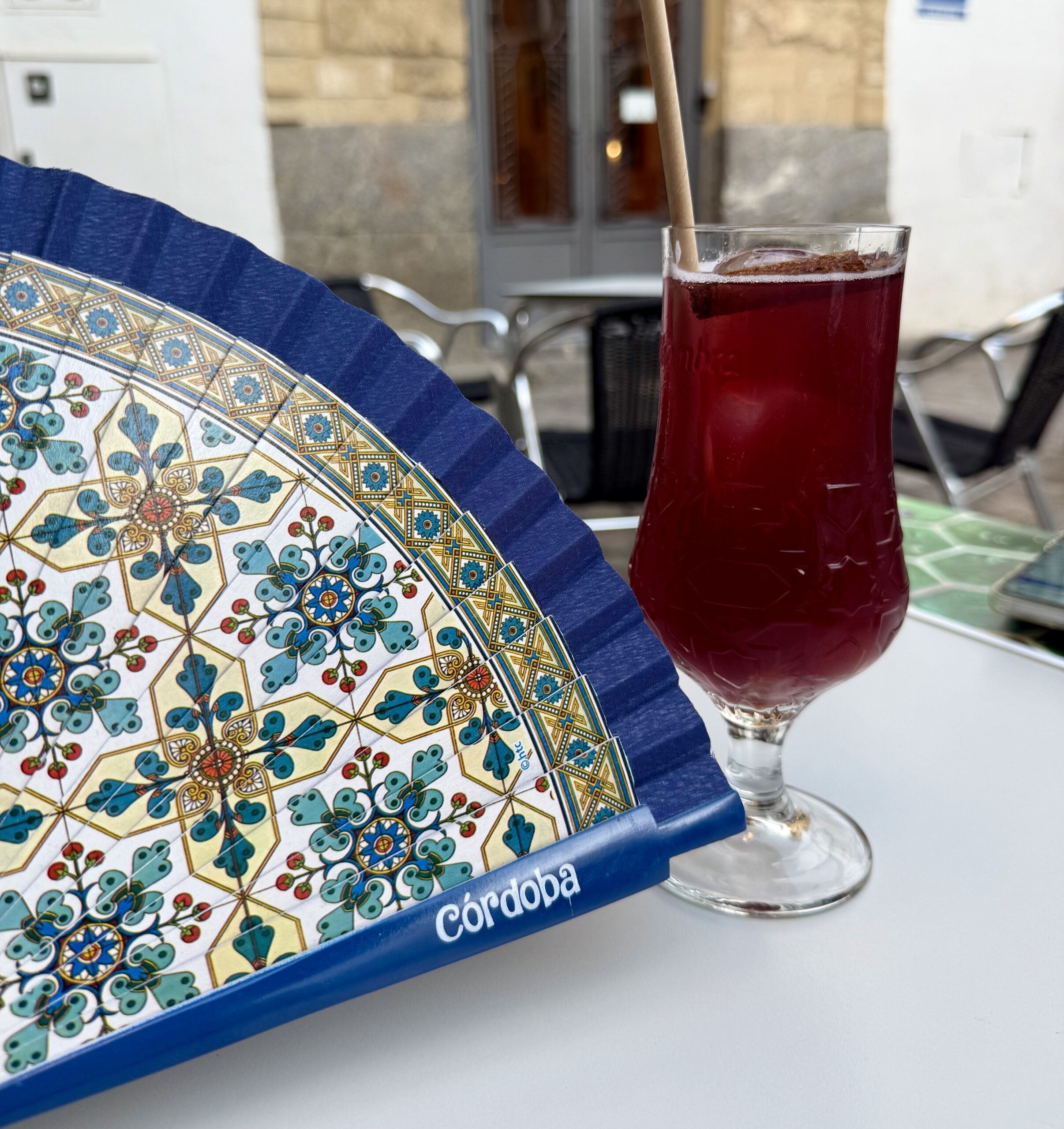


Be the first to comment